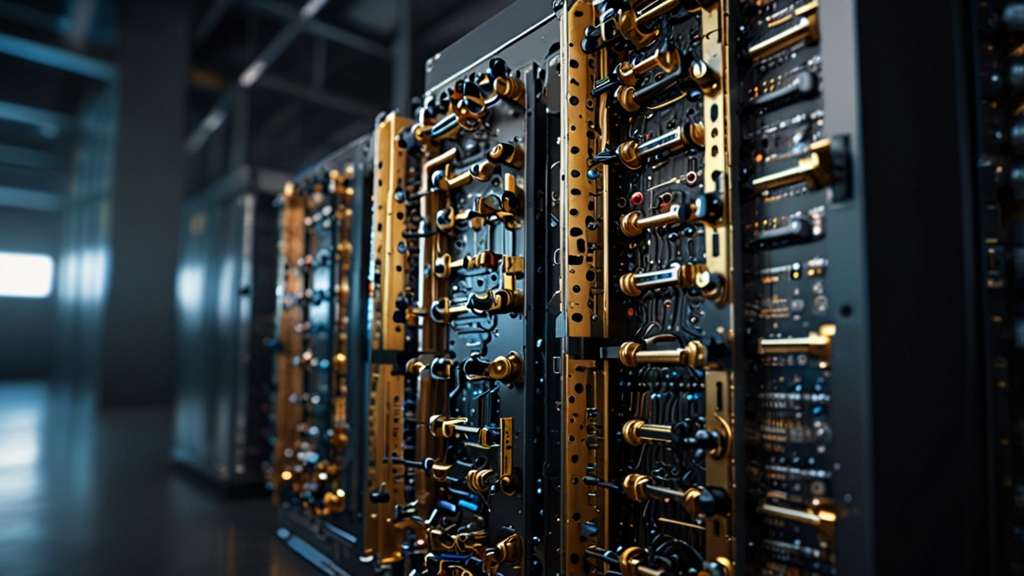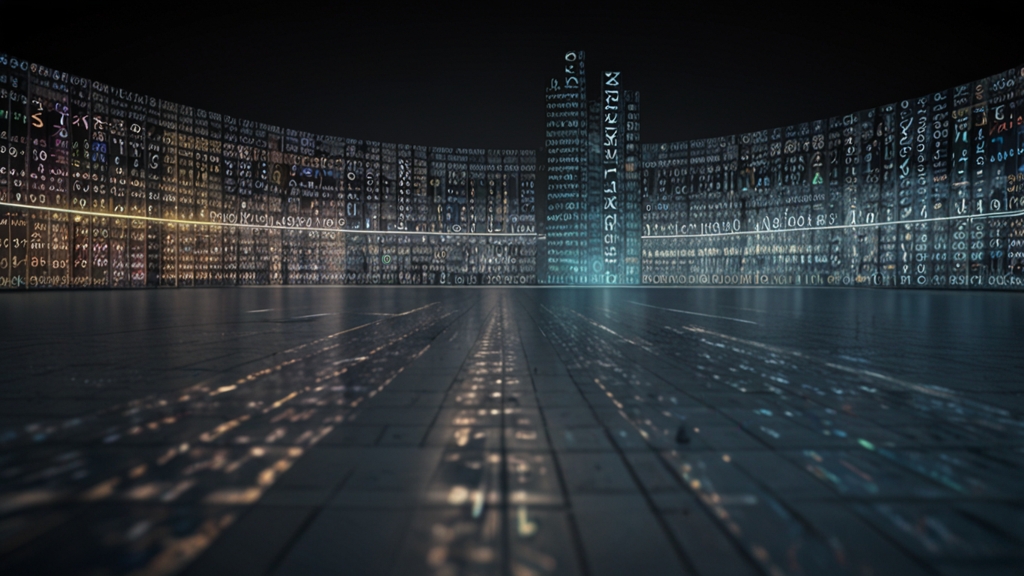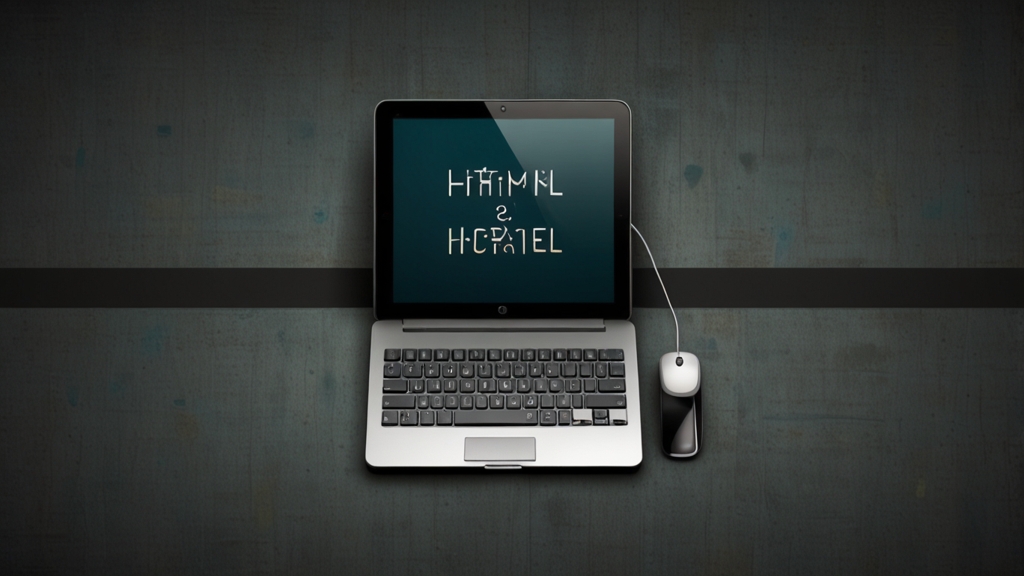Data Surveillance vs. Personal Freedom: What's the Balance?
In the era of digital revolution, data surveillance has become a ubiquitous aspect of our daily lives. Whether it's through smartphones, social media, or internet browsing, our activities are constantly being tracked. While data surveillance can offer significant benefits, such as enhanced security and personalized services, it also poses a serious threat to personal freedom and privacy. So, where do we draw the line?
The Case for Data Surveillance
Proponents of data surveillance argue that it plays a crucial role in ensuring national security and public safety. By monitoring communications and online activities, government and law enforcement agencies can identify and intercept potential threats before they materialize. In an age where terrorism and cybercrime are prevalent, such measures can potentially save lives and protect critical infrastructure.
Beyond security, data surveillance has made possible the creation of highly personalized online experiences. E-commerce platforms, for example, use data analytics to recommend products based on an individual's past purchases and browsing history. This not only enhances customer satisfaction but also drives business growth by increasing sales and customer retention.
The Threat to Personal Freedom
However, the pervasive nature of data surveillance raises significant concerns about personal freedom and privacy. In many cases, individuals are unaware of the extent to which their data is being collected and used. The opacity of data practices by companies and governments makes it difficult for users to make informed choices about their privacy.
"The right to privacy is an inherent human right, and one that is pivotal to the maintenance of democratic societies. When this right is undermined, the very foundations of democracy are at risk."
Moreover, there is the risk of abuse of surveillance data. Authoritarian regimes, for instance, can leverage data surveillance to track and suppress dissenting voices. Even in democratic societies, the misuse of data for political gains or corporate profit could lead to a chilling effect on free speech and other civil liberties.
Striking the Balance
To balance the benefits of data surveillance with the preservation of personal freedom, a multi-faceted approach is required. First and foremost, transparency is key. Governments and corporations must disclose their data collection practices and the purposes for which data is used.
Additionally, robust data protection laws are essential. Legislations such as the General Data Protection Regulation (GDPR) in the European Union set stringent guidelines on data privacy, giving individuals control over their personal data. Similar frameworks need to be adopted and enforced globally.
"Data privacy isn't just an economic problem; it's a protection of democracy, and it's a protection of fundamental rights."
Technological solutions can also help strike this balance. Implementing privacy-enhancing technologies like encryption can safeguard data from unauthorized access while still enabling its use for legitimate purposes. Additionally, adopting practices like data minimization, where only the necessary data is collected and retained, can significantly reduce the risk of privacy breaches.
Public Awareness and Participation
Ultimately, achieving a balance between data surveillance and personal freedom requires active public engagement. Individuals must be educated about their privacy rights and the implications of data surveillance. Public discourse and civic participation are crucial in shaping policies that respect privacy while addressing security concerns.
"Ultimately, the control over your data should be in your hands. Awareness and proactive measures are the keys to safeguarding your digital identity."
In conclusion, data surveillance and personal freedom are two sides of the same coin in the digital age. While surveillance can offer security and convenience, it must not come at the expense of fundamental freedoms. Through transparent practices, strong legal frameworks, technological safeguards, and public awareness, a balanced approach can be achieved, ensuring both security and the protection of individual liberties.










